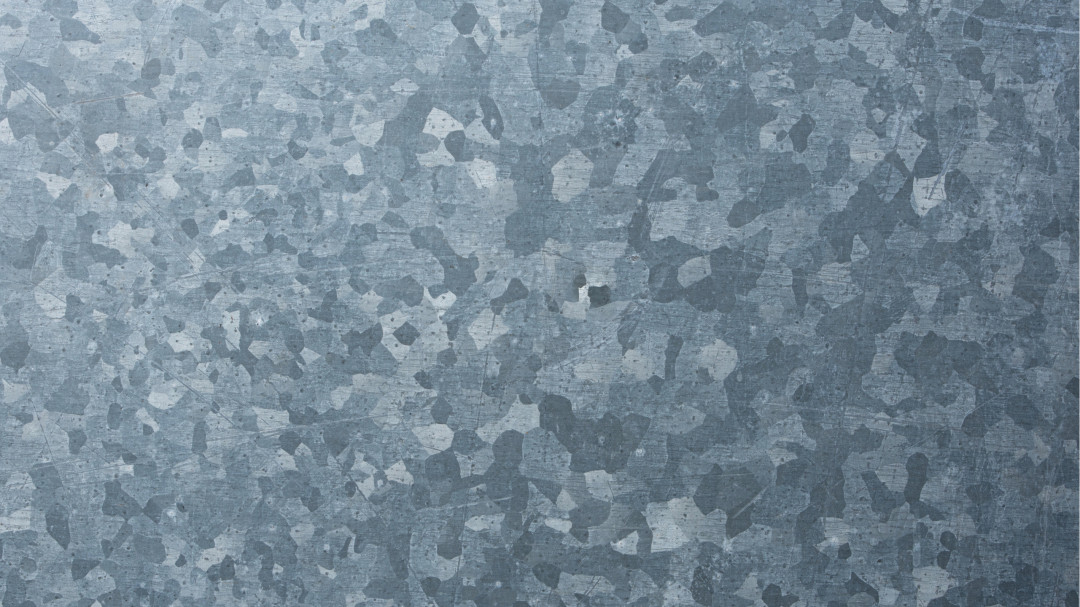
The European Union and the state of North Rhine-Westphalia are providing around €850,000 in funding for the cooperative research project ‘Zinkpositiv’ (Zinc Positive), in which the South Westphalia University of Applied Sciences is participating. The aim of the project is to develop a process chain for the large-scale production of energy-efficient, low-emission components made of innovative zinc alloys.
Newly developed wrought zinc alloys, known as Zinc Extrusion Products (ZEP), can be used as a substitute for brass. Technologically, the new wrought zinc alloys offer comparable or better physical properties than brass alloys. The lead-free wrought zinc alloys have a lower density, are more cost-effective and have a CO2 footprint that is up to 40 per cent lower. Furthermore, today's brass alloys contain a large amount of lead, which should no longer be used or is no longer allowed to be used for reasons of environmental and health protection.
ZEP are produced in state-of-the-art casting and extrusion processes and are available as standard only in the form of round rods or hexagonal profiles with diameters of eight to 50 millimeters and lengths of up to three meters. The industrial mass production of smaller components requires semi-finished products in the diameter range of five to twelve millimetres, which can be processed endlessly from the coil. The project team led by Prof. Dr. Michael Marré is therefore working on the development of technologies for the economical production and processing of endless ZEP wires with diameters below 13 millimetres.
‘Such material and process innovations are essential for the development of sustainable goods and technologies,’ explains mechanical engineering professor Marré. North Rhine-Westphalia offers excellent conditions for innovations, particularly in lightweight construction, material and energy efficiency. Brass, a versatile material, is used in many industries such as door fittings, electronics, installation technology and pneumatics. In Germany, the non-ferrous metal industry comprises around 654 companies with approximately 111,000 employees and a turnover of over 52 billion euros. North Rhine-Westphalia contributes almost a quarter of these figures. Every year, approximately 1.2 million tonnes of brass are processed worldwide.
Funding and project partners
The Zinkpositiv project is funded by the European Regional Development Fund and the Just Transition Fund (JTF). The consortium is led by Möhling GmbH & Co. KG from Altena. Other partners include Grillo Zinc Metals GmbH from Duisburg, Friedr. Krollmann GmbH & Co. KG from Altena, Fr. u. H. Lüling GmbH & Co. KG from Altena and the Laboratory for Forging Technology at the South Westphalia University of Applied Sciences in Iserlohn. The project will run from June 2024 to May 2027. The share of funding allocated to the South Westphalia University of Applied Sciences is around 350,000 euros.

